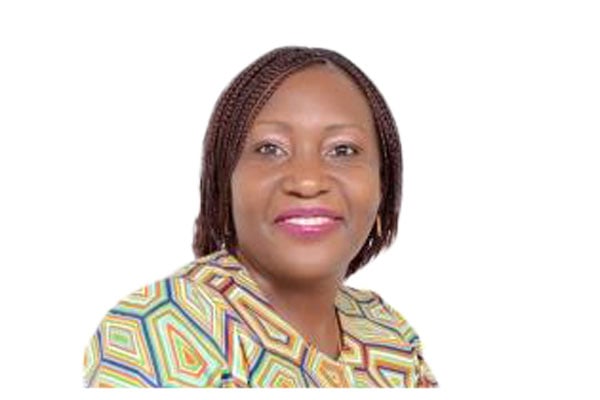Prime
The rugged path we pave with our environmental footprint

Angella Nampewo
What you need to know:
- Starting her career in the 70s, building water wells in South Sudan and doing renovation work at the University of Dar es Salaam, she says, changed her perspective.
With only a finite amount of natural resources, limited personal and national budgets, the question we will soon be faced with is how to do more with less. Lest you are painting a grim picture, less doesn’t have to spell gloom.
We can all do better to maximise use, reuse, seek alternatives and where possible, pave way for recycling. If we can keep our lakes and rivers less polluted and fresh for longer and allow forests to grow and regenerate, there will be plenty of materials for the future and less hardship for our children.
In the overview within the National Programme for Sustainable Consumption and Production, Uganda policy document prepared by the Ministry of Tourism, Trade and Industry in 2011, it was reflected that while wide-ranging economic reforms after 1987 had led to sustained economic growth in Uganda over several years, this did not translate into poverty reduction in the same period because the economic growth came with short term exploitation of depletable natural resources and direct environmental costs, including pollution.
Using all we have got wastefully may not get us to our destination that fast. We need to think carefully about how our actions at all levels add up and contribute to the state of our environment.
In case it all seems far away in utopia, let me bring it closer to home. I am a born hoarder. I hold onto things, often because I am sentimental about them or somehow feel that they still have a role to play that I haven’t yet figured out.
So just as I begun to examine my private junkyard this week, I came across the story of Swiss architect Barbara Buser who is reusing old materials to put up new structures. During her BBC interview under the aptly titled segment of People Fixing the World, it transpired that she actually drew her inspiration from her early work in Africa, in Tanzania and elsewhere.
Starting her career in the 70s, building water wells in South Sudan and doing renovation work at the University of Dar es Salaam, she says, changed her perspective. The contrast of worlds where resources and options were in plenty on one hand and working with limitations on the other, got her thinking about how to do more with what is available. That is how she started a movement to reuse materials from old buildings to put up new ones.
Powered by these great thoughts, I have started figuring out what some of the junk and clutter in my backyard could be good for. Some things I could have bought, I may now make. Things I could have sent to the landfill, may find a new life and purpose around my home. There is some money saved, and the environment may thank me for lightening the burden. You too can do something to get a second or perhaps third life out of the stuff sitting in your basement, garage, backyard. Don’t just send it to the garbage without a second look.
As our population grows, so does our consumption and consequently waste. Of course, just like those architects famed for building with reusable materials, there may be times you have to accept defeat and buy some things new, but that should not stop the efforts towards repurposing, reusing and recycling at every opportunity.
I may not be doing anything on the grand scale of architect Barbara Buser, but I am figuring out solutions to everyday problems such as the neighbour’s free range chicken eating up my urban garden. Now I garden on the rooftop while happily exploiting the said chicken as a source of manure.
Ms Nampewo is a writer, editor and communications consultant
[email protected]




